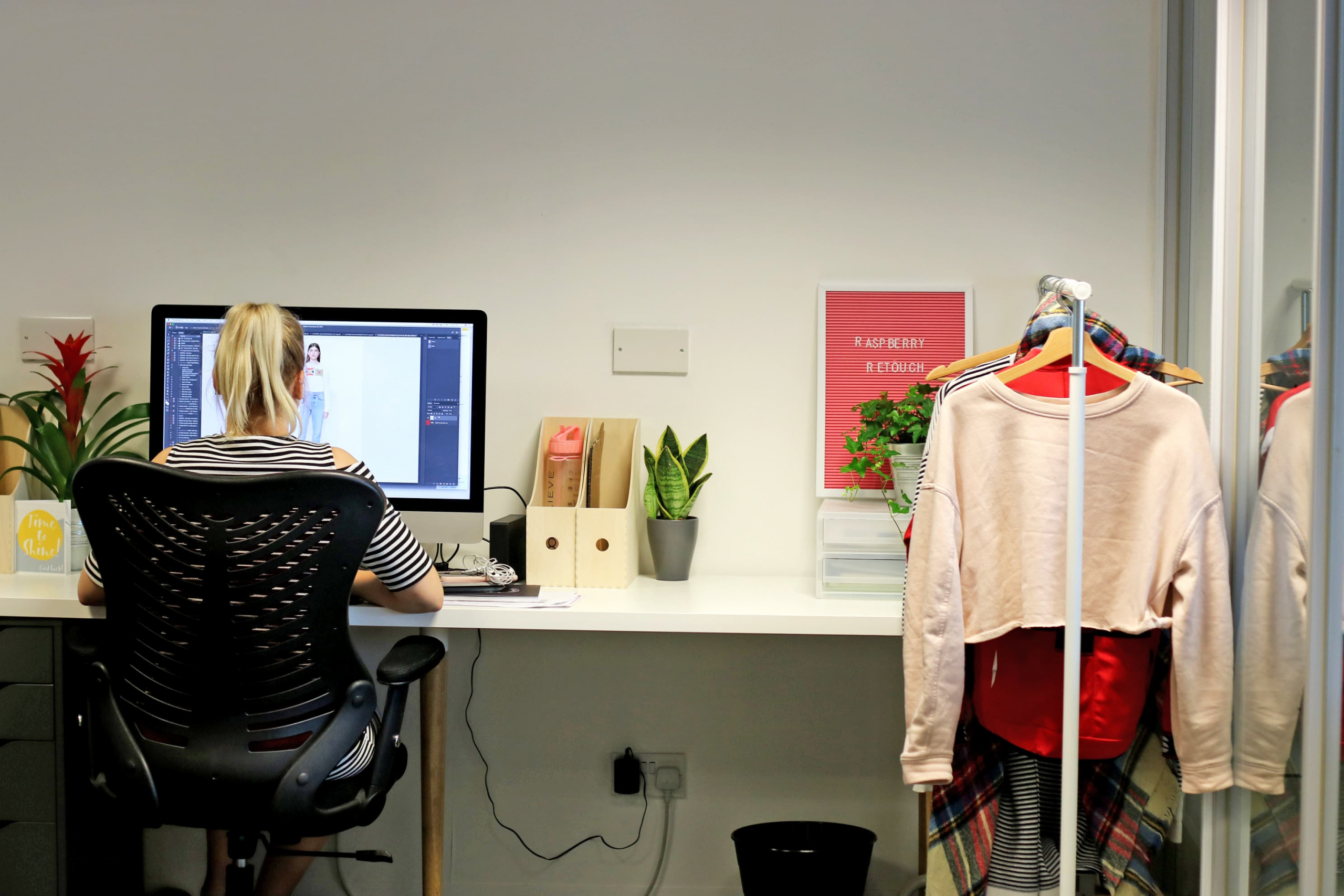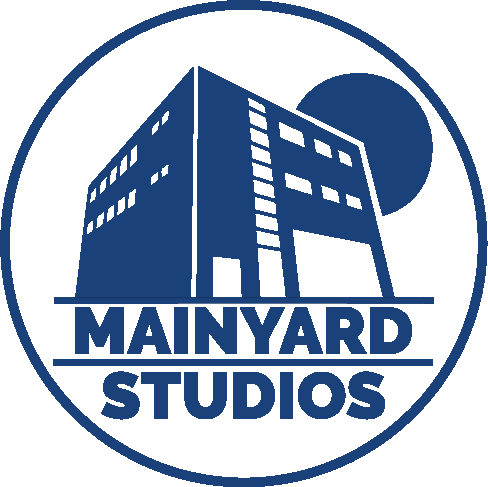
If you are growing a freelance practice or a small creative team in London, the idea of buying your own space can feel like the ultimate milestone. No landlord, no unexpected rent rises, and a home for your brand.
But is it practical when cash flow matters and your headcount might change next quarter? In this guide, you’ll get straightforward numbers, trade-offs of buying vs leasing, and practical tips to keep costs down without boxing yourself in.
Buying vs Leasing: Which is Better?
Short answer: Most freelancers and early-stage creative businesses are better off leasing or renting.
Buying commercial property can work once you have stable revenue, a multi-year plan for the same location, and cash for a chunky deposit plus fit-out. Until then, flexibility usually wins.
Consider the realities of buying:
-
Deposit and fees: Commercial mortgages typically require a 20–40% deposit. On a £400,000 space, you might need £80,000–£160,000 upfront, plus legal, valuation, stamp duty, and fit-out.
-
Mortgage terms: Interest rates can shift, moving your monthly costs. You also take on maintenance, insurance, compliance, and potential business rates.
-
Liquidity and risk: Capital tied up in walls and floors is unavailable for hiring, equipment, or marketing. Selling or subletting can also be slow.
Leasing sidesteps most of these issues:
-
Pay a deposit equal to a few months’ fees and a predictable monthly amount.
-
Size up or down as your client roster, projects, or collaborators change.
-
Flexible spaces can be more valuable than equity on paper, especially for music producers, podcasters, fashion makers, or design studios.
Is it Worth Renting an Office or Studio?
Yes, if it unlocks focus, professionalism, and growth you cannot achieve at home.
The test is simple: Does the space help you earn more, deliver better work, or protect your wellbeing?
Ways renting pays for itself:
-
Higher billable hours: Reliable workspace or acoustics increase throughput.
-
Client trust: A professional setting and real address help you win bigger projects.
-
Separation and sustainability: Clear home/work boundaries reduce burnout and make creativity repeatable.
For sound-focused creatives, a professional room outperforms a DIY bedroom setup. Makers benefit from private studios that scale from prototypes to production safely.
Budgeting for Office or Studio Space in London
Budgets vary widely by location, size, and spec.
Working rule of thumb:
-
Desk-based coworking: From a few hundred pounds per month for part-time access; more for full-time or dedicated desks.
-
Private offices (1–6 people): Often four figures per month depending on area and square footage. Utilities may be extra, Wi-Fi usually included.
-
Private creative or music studios: Professional soundproof spaces cost more but remove the need for separate rehearsal or booth hire.
Tips:
-
Check what’s included—Wi-Fi, security, and community events can add value.
-
Model your total monthly cost, not just headline fees (include insurance, travel, business rates, and specialist additions).
-
Compare costs to potential revenue improvements from better workflow and client experience.
The 30 Percent Rent Rule in the UK
The “30% rule” suggests spending no more than 30% of income on housing—but it doesn’t directly apply to business premises.
Better approach for freelancers/small teams:
-
Keep space costs under 10–15% of projected monthly revenue if lean and growing.
-
Maintain at least three months of fees in reserve.
-
Choose flexible contracts that let you resize as your team changes.
-
If costs exceed 20% for months, consider downsizing or using hot desks.
When Buying Might Make Sense
Buying can be smart if:
-
You have a stable, multi-year plan for one area and specific fit-out needs.
-
Your cash supports a deposit without restricting growth investments.
-
You want to build equity and can handle maintenance and compliance.
Many creative businesses buy after years of leasing that proves the business model and ideal location.
Why Flexible Studios Are a Game Changer
For creatives, the space must match the work.
-
Private, lockable rooms save setup time and protect your gear.
-
You want supportive neighbours and community events—but privacy to focus.
-
Flexible studios allow customization, secure access, and professional resources.
Mainyard Studios offers private offices, creative studios, and purpose-built soundproof rooms across London. Wifi is included, with optional utilities. You can customise your setup and access community events and security features.
If you need inspiration for workspace layout and design, explore this external resource:
Trifle Creative – Workspace Interior Design Services.
Practical Steps to Keep Costs Down
-
Start small, then scale: Choose the smallest space that fits your core workflow.
-
Mix and match: Coworking for occasional collaborators, private rooms for critical kit.
-
Negotiate timing: Align contract starts with project cycles.
-
Track utilization: Resize if usage is below 70% of planned hours.
-
Buy once, buy right: Invest in portable gear and customisable fur
So, Is It Better To Buy Or Lease?
For freelancers or small creative teams in London, lease or rent first. Protect cash, maintain flexibility, and focus on spaces that let you do your best work.
Revisit buying once your pipeline, location, and team size are stable.
If you want a private, flexible workspace with a supportive community, explore creative studios in London or book a viewing to see how your workflow could click into place.
